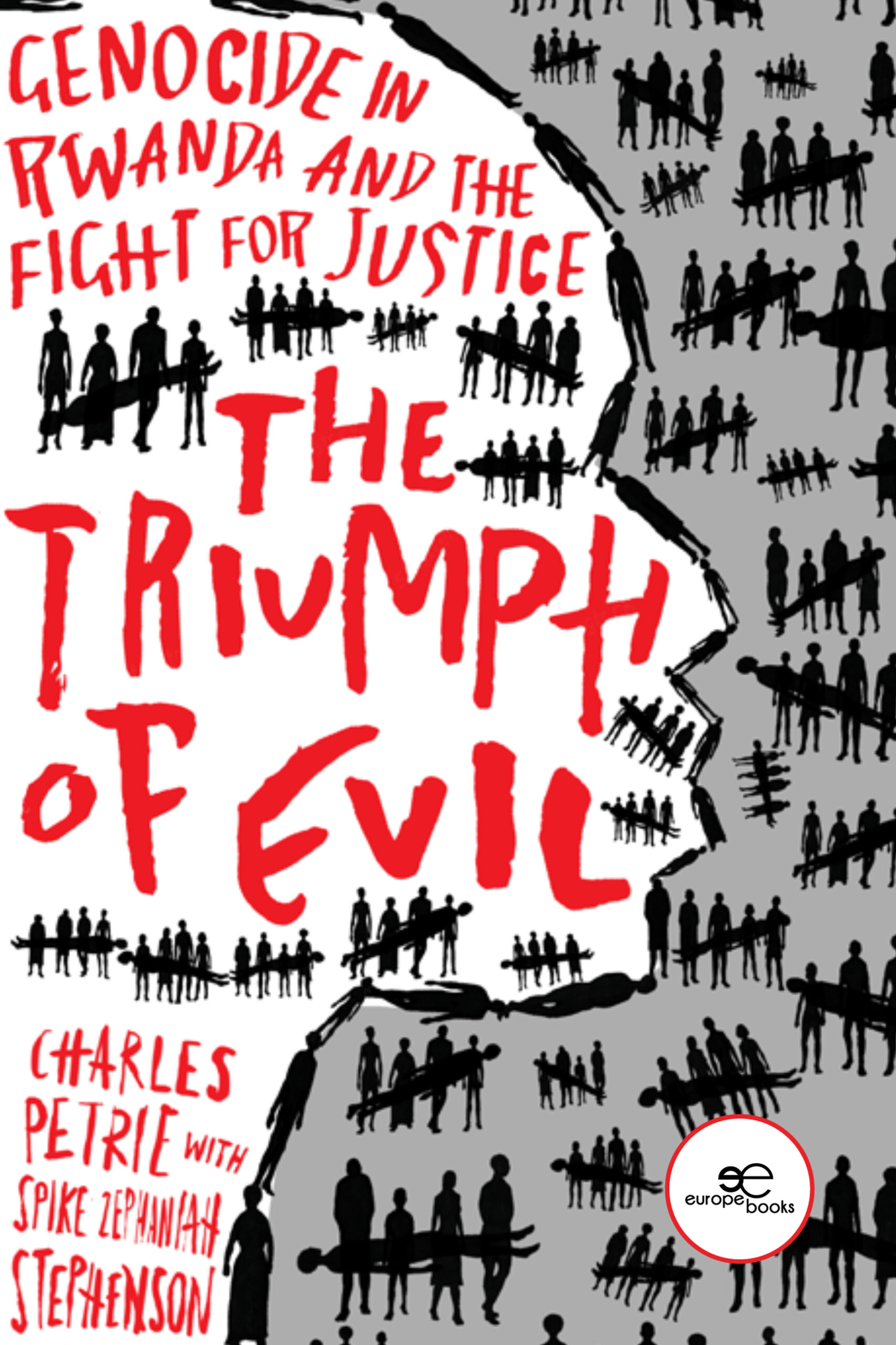The Triumph of Evil is a story about systems and bureaucracies failing those whom they have been set up to serve. It could just as well have been written about a Catholic Church unable to come to terms with the plague of paedophilia, a Bush administration denying the tortures conducted in Abu Ghraib, or even the light-hearted way in which British politicians and officials of the Boris Johnson government partied while so many families grieved alone during the COVID pandemic.
While this tale could be viewed as a critique of the United Nations, it is much more than that. It is about individuals in positions of responsibility feeling comfortable doing nothing when confronted with horrors and suffering. Individuals who have lost their understanding that institutions are made up of individuals and if these individuals do not act, institutions will fail.
The Genocide in Rwanda plays a central role, but the narrator takes the reader through the tragedies of the Sudan, Somalia, Gaza, the Democratic Republic of the Congo, Myanmar and Sri Lanka. This is a story about an individual who refuses to accept defeat.
Sir Charles Petrie has had close to 30 years’ experience working in contexts of conflict and famine, some of it with Médecins Sans Frontières and much of it with the UN system.
His career with the UN brought him to witness the most ruthless atrocities and injustices humankind is capable of. He observed first-hand groups committing the three most egregious crimes; of genocide (in Rwanda and Sudan), war crimes (in the Democratic Republic of Congo, Myanmar, Somalia, Sri Lanka), and crimes against humanity (in Afghanistan, Democratic Republic of the Congo, Myanmar, Palestine, Somalia, Sri Lanka).
Charles Petrie resigned from the United Nations as a result of his inability to get the organisation to investigate one of its own, who is alleged to have participated in the crime of genocide. The Triumph of Evil is the story of his search for justice.
Charles Petrie was named Officer of the Order of the British Empire (OBE) in the 2014 New Year’s Honours list for services to international peace, security and human rights. Upon his request, he received the award in Mogadishu. Following the death of his father in October 2021, he became the sixth Baronet of Carrowcarden.



Reviews
There are no reviews yet.